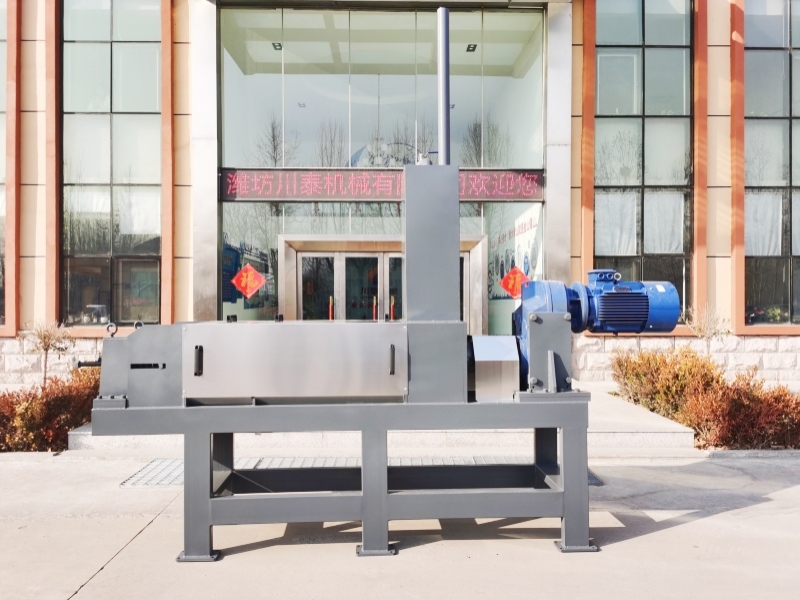
Agriculture is one of the world's most important industries, providing food, fiber and other necessities to the world. In agricultural production, cow manure is a valuable resource that can be used for fertilizer, biofuel and other agricultural purposes. However, the handling and management of cow dung has always been a challenging issue. Excessive cow manure can lead to environmental problems such as water pollution and gas emissions. Therefore, the importance of the cow dung press and dehydrator cannot be ignored. It can effectively solve these problems, improve the utilization value of cow dung, and reduce the negative impact on the environment.
Part One: The Problem of Cow Dung
Environmental issues
Cow manure contains large amounts of organic matter such as nitrogen, phosphorus and potassium, which are valuable nutrients in agriculture. However, if left untreated, cow manure will decompose to produce greenhouse gases such as ammonia and methane, causing pollution to the atmospheric environment. In addition, untreated cow dung may flow into rivers and lakes, causing water pollution and threatening aquatic life and human health.
Hygiene issue
Untreated cow manure may contain various bacteria, parasites and viruses, posing a health risk to humans and animals. Especially in rural areas, improper handling of cow manure can lead to the spread of infectious diseases. Therefore, hygiene issues are also an important aspect that needs to be addressed.
Part 2: The function of cow dung press and dehydrator
Separate solid and liquid
The core function of the cow dung press dehydrator is to separate solids and liquids in cow dung. Through the action of mechanical pressure and centrifugal force, this equipment can strip the water out of the cow manure, leaving behind the solid part. In this way, the volume of cow manure will be greatly reduced, making it easier to store and transport.
Reduce odor and greenhouse gas emissions
Ammonia and methane in cow manure are major sources of odors and greenhouse gas emissions. By separating the liquid from cow manure, the odor of cow manure is greatly reduced, while also reducing greenhouse gas emissions. This is important to improve the living environment around farms and reduce negative impacts on climate change.
Produce organic fertilizer
The separated solid cow dung can be further processed into organic fertilizer. This organic fertilizer is rich in nutrients such as nitrogen, phosphorus and potassium, which are very beneficial for plant growth. By converting cow manure into organic fertilizer, it not only improves the soil quality of farmland, but also reduces reliance on chemical fertilizers and reduces the environmental impact of agriculture.
Reduce water pollution
The liquid portion of cow manure can contain various harmful substances such as heavy metals and chemicals. By separating the liquid and treating it appropriately, the risk of water contamination from cow manure can be reduced. This helps protect water resources and aquatic life.
Part 3: Conclusion
Cow manure press and dewatering machine plays an important role in agricultural production. It not only helps to solve environmental and hygienic problems in the treatment and management of cow dung, but also improves the utilization value of cow dung and promotes the sustainable development of agriculture. Therefore, governments, farmers and agricultural enterprises should pay attention to and invest in the use and development of this equipment to achieve more environmentally friendly and efficient agricultural production methods. Only through comprehensive utilization and effective management of cow manure resources can we better meet the growing global food demand while protecting the environment and human health.




If your company wants to establish a business relationship with us, please briefly describe the cooperation intention and send an email to:chuantaiscrewpress@gmail.com























































































![[list:title]](/static/upload/image/20240528/1716877114510915.jpg)